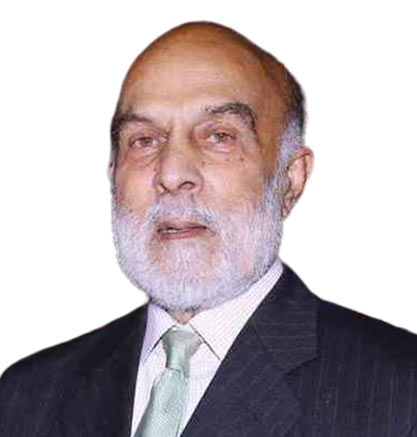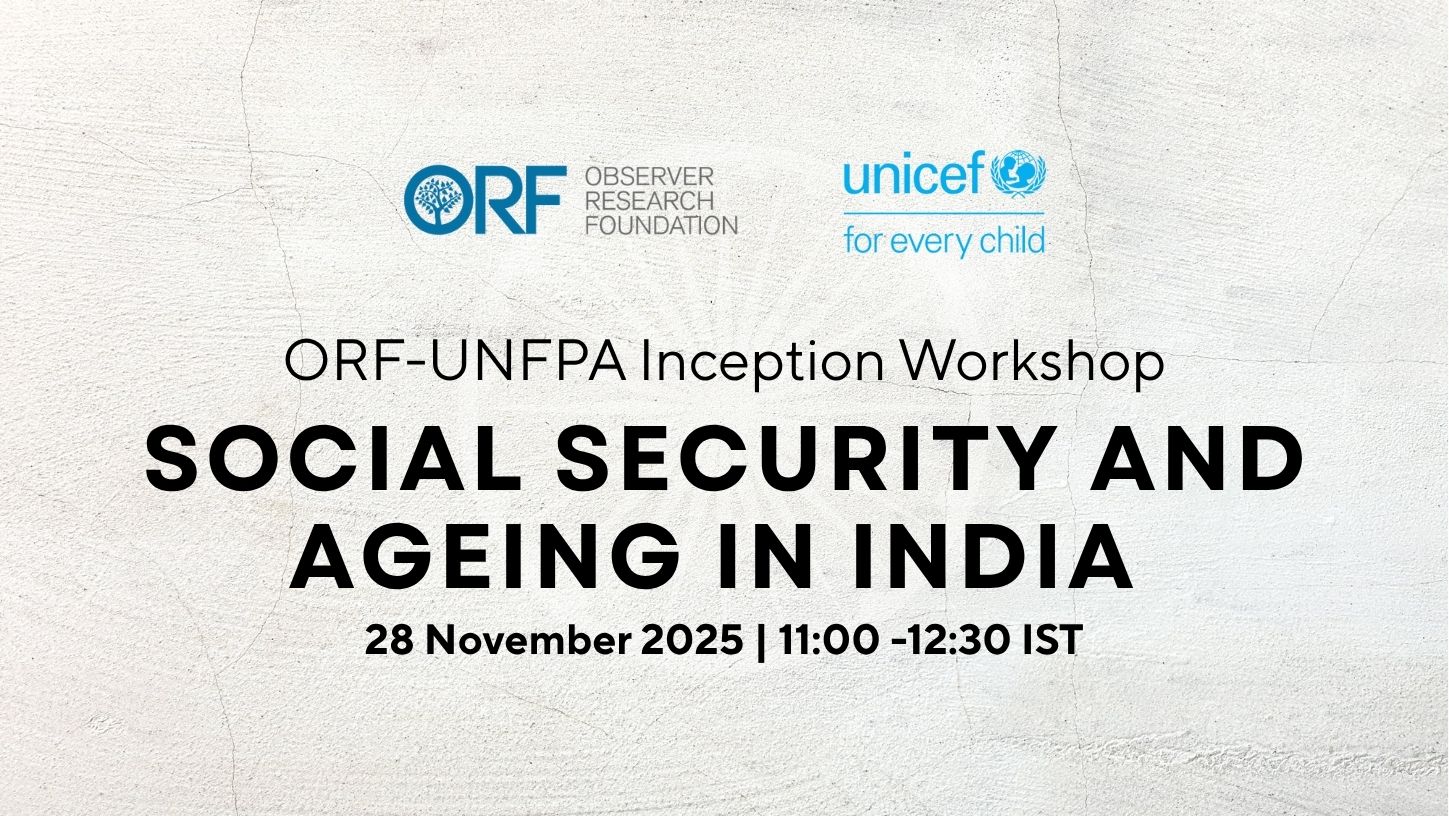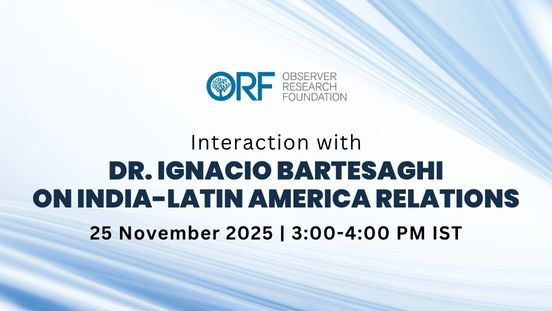-
CENTRES
Progammes & Centres
Location
The killer outbreak of encephalitis has exposed the widened fault lines in India’s most backward state.
In a country like India, where systems to study and document long term effects of poor quality medicines are sparse at best, addressing structural issues within our supply chain is an important debate to have.
The knowledge base, strength and capabilities of the Indian pharma have not been appreciated and image of Indian pharma industry is constantly being maligned.
India must use digital health for diplomacy through south-south collaboration.
The data reveals clear inequality in maternal health across parliamentary constituencies in terms of maternal mortality rate and the uptake of services like ANC or institutional birth.
There is a groundswell in Africa in support of local pharmaceutical production. Africa's dependency on the rest of the world for medicines may not last long.
Ebola is not just an “African health problem.” The threat of the virus entering countries like India is real. ...
Bringing Universal Health Coverage centre-stage will prove too ambitious for many countries without co-opting the private sector.
Both Africa and India continue to have the highest percentage of under-five children who are undernourished. ...
Malnutrition is key to India’s greatest human development challenges. ...
While the Health Index 2018 accords a favourable position to Chhattisgarh in terms of annual incremental performance, the state ranks 12th in terms of comparative health status as of 2015⎯16. ...
As Zika emerges as a clear threat, India’s disease-surveillance and disease-control architecture is confronted with the puzzle of solving the curious combination of microcephaly and day-feeding mosquito menace. ...
While ODF status on paper is an achievement, premature ODF status declaration has its own set of adverse consequences. ...
As seen in the Chinese case, the vaccine manufacturers have not only lost trust domestically but also internationally. ...
More research is needed to understand the barriers that Indian companies are facing in China. ...
Timely interventions ensured prompt caring of the infected and prevented the spread. ...
The phase of mandatory approvals and vastly expanded scope under the rulebook heralds a new era for the regulation of medical devices. ...
While TCAM (Traditional, Complementary and Alternative Medicine) and modern medicine stay as separate watertight compartments in theory, in practice, things have been quite different. ...
In this era of exciting developments in the health sector, where NHM is going to be the mainstay of the Ayushman Bharat through the NHPS initiative which will take India closer to the UHC ideal, health policy is too important to be left to bureaucrats ...
Nagaland needs a sociopolitical vision on health governance. ...
It is an opportune time to assess and take stock of the progress as well as the roadblocks confronted by the public healthcare sector. The challenge for the next government will be to find innovative and implementable healthcare delivery solutions. ...
Tripura needs to put considerable efforts to improve its public health infrastructure and services on which a majority of its people depend — the coming assembly elections offer an opportunity. ...

Rear Admiral K. Raja Menon (Retd) is a career naval officer and submarine specialist who commanded seven ships and submarines during his service. He retired in 1994 as the Assistant Chief of Naval Staff (Operations). ...
Read More +
S. Paul Kapur is currently on leave from ORF and is serving as Assistant Secretary of State for South and Central Asian Affairs at the U.S. Department of State. Between 2020-2021, Mr Kapur served on the State Department’s Policy Planning Staff, ...
Read More +
